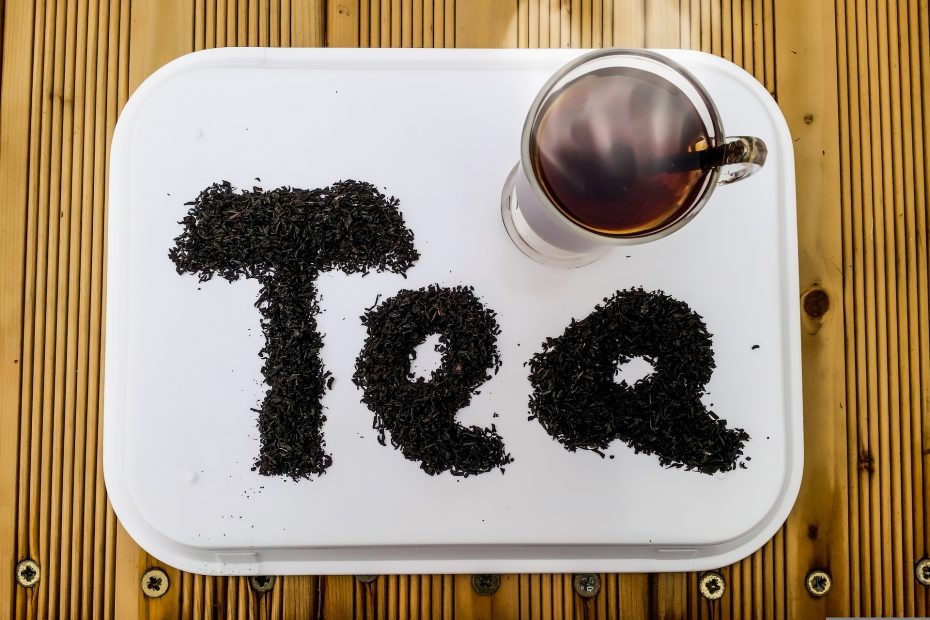Why May 21 is Tea Day?
In 2005, several nations in Africa and Asia formally announced an International Tea Day, which has since been held annually on December 15.
In support of the Intergovernmental Panel on Tea’s demand, the United Nations General Assembly declared May 21 to be International Tea Day in December 2019. FAO was asked to oversee the celebration.
International Tea Day was observed for the third time this year, May 21, 2022. The ceremony emphasized the necessity of ensuring the sustainability of tea production, which is crucial to the livelihoods of millions of farmers, particularly at a time when the global economy is in a recession and incomes are declining as a result of the COVID-19 pandemic.
Why International Tea Day is celebrated
The Day aims to raise awareness of the socio-economic significance of the Tea sector and its contribution to achieving the 2030 Agenda for Sustainable Development (a program of action for people, planet and prosperity signed in September 2015 by the governments of the 193 member countries of the UN).
It’s not only a day for tea; it is International Tea Day. It is a moment to raise awareness that this is a craft practiced, often in developing countries, by those who deserve more attention on the common issues affecting farmers, including inequality, hunger, sustainability, poor environmental practices, and low levels of education.
The FAO Director emphasized the need for better strategy, more innovation, investment, and inclusivity in tea production and processing to create a more productive and robust tea sector.
He also emphasized the social, cultural and health aspects of Tea. The other speakers at the ceremony also underlined the significance of the drink as a cultural heritage and spoke about its socioeconomic advantages as well as its dietary, anti-inflammatory, and antioxidant capabilities.
Tea, after water, is the most widely consumed beverage in the world and one of the main means of livelihood and income for millions of families in developing countries. In actuality, smallholder growers produce 60% of the tea consumed worldwide. Despite its essential role in rural development and poverty reduction, the tea industry still faces a number of difficulties, such as the effects of unfavorable weather, smallholders’ access to markets, a lack of transparency, and the sustainability of the tea value chain.
Tea can only be grown under certain agro-ecological conditions, thus in an extremely limited number of countries, many of which have already been affected by climate change.
Combining heritage and the future
The speakers all agreed that strategies for climate change mitigation and adaptation, for promoting market transparency and the sustainability of the tea value chain, and for developing strategies for sustainable production to specifically benefit smallholder farmers were necessary to increase sustainability in the industry.
Nearly 60 locations have been recognized by the FAO’s Global Important Agricultural Heritage Systems (GIAHS) program as dynamic settings where culture, biodiversity, and sustainable agricultural practices coexist and are essential to attaining food security and producing livelihoods. Many tea consumers all across the world have become accustomed to the scent of their a thousand-year-old tea varietals throughout the years.
What each of us individually can do
Each of us may contribute to changing things. How? by being more selective when selecting the tea we buy.
Because simply by buying only quality, benefit-rich, and fair trade Tea, we can do much to help people who need it most. From the crops to the cup, as repeated several times during the ceremony.
Good Tea is a fruit of the earth that is cultivated with in-depth knowledge, a lot of love and expertise and should not only be seen as something that has to do with the taste, with the pleasure, that we feel in tasting it, but it is also about discovering places and meeting those people who have made and continue to make the history of Tea.
As Jane Pettigrew, recognized as one of the leading experts on Tea culture, says: “When we drink it, we come in contact with the land where it grew, the people who produced it, and the culture of its land of origin. As we enjoy it and share it with other people, we enrich our soul and nourish our spirit.”
(Source fao.org)
